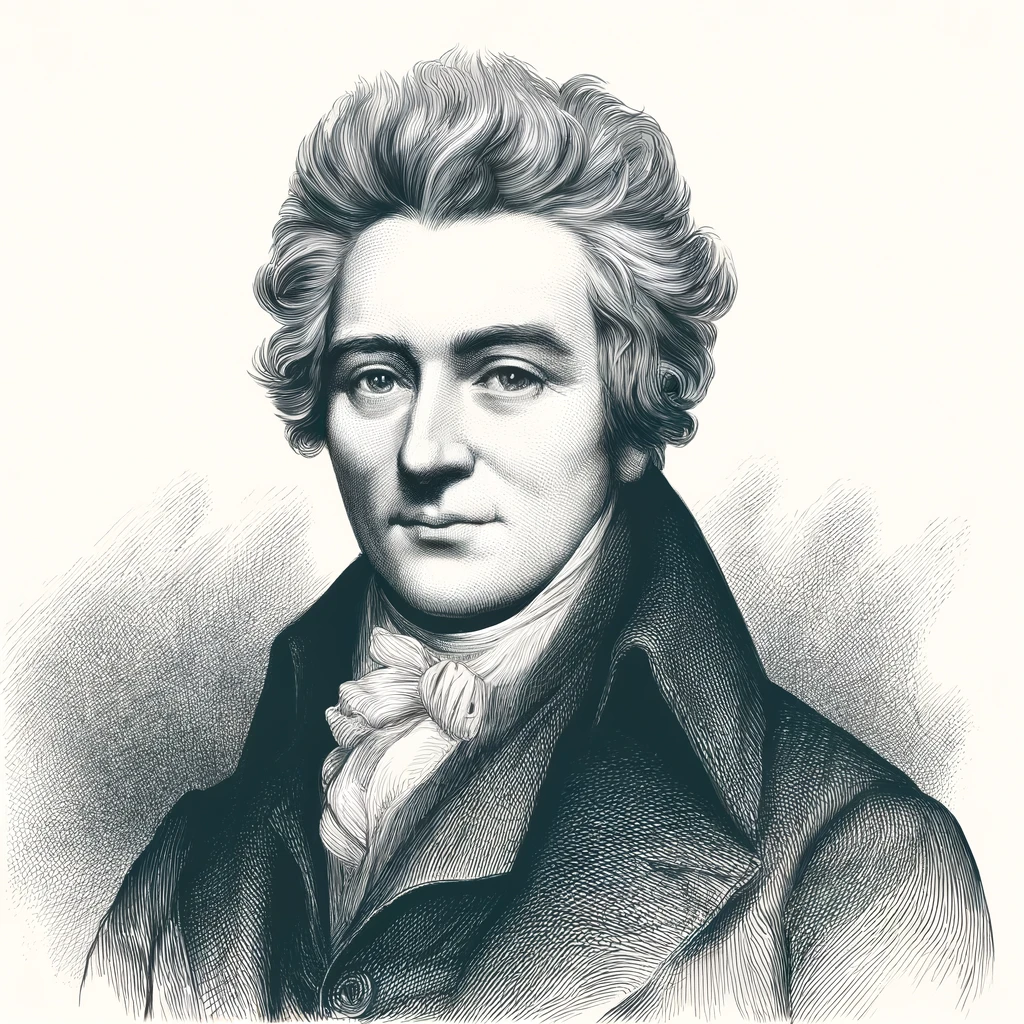The Paleoconservative Perspective: Demographics

9 April 2024
By Dr Adi Schlebusch
Introduction
I’m planning on doing a series of articles on the Paleoconservative perspective on various relevant socio-political and socio-religious issues facing our civilization today. I purposefully chose the Paleoconservative label as I believe this serves as an ideal umbrella term to include Christian Nationalists, Hoppean Paleo-Libertarians, Federalists and Theonomist Kinists under one category. The first entry of this series pertains to the issue of demographics. Because paleoconservatives prioritize a family-based social order, national and cultural identity, as well as the need for social cohesion, we stand critical of mass immigration and multiculturalism and favour religious, cultural, and ethnic homogeneity. This position logically flows from a framework that values truth, tradition, and a strong sense of community. So in today’s piece I am going to delve a little into the foundational principles of Paleoconservatism as this pertains to the issue of demographics, as well as its critique of contemporary demographic trends in the Western world from a Paleoconservative perspective.
Paleoconservativism and borders
For the Paleoconservative, respecting borders are essential for human flourishing. Paleoconservatism’s standpoint is that good fences make good neighbours. Property rights is essential to any functioning human society and vital for progress, and the right to private property is essentially maintained by borders which distinguish between one property and another and establish the rights pertaining to each. Paleoconservatives are skeptical of globalism and open borders, since both of these threaten not only the basic property rights of families and nations, but also national sovereignty and local identity in favor of a centralist and imperialist social order as opposed to the familialist social order which serves as a precondition for cultural continuity. Where immigration does take place, Paleoconservatives emphasise the need to still maintain homogeneity and for assimilation into the host culture. Naturally, however, even where immigration and integration does take place, this can only be an exception to the rule, as peoples are naturally propagated through families having children. Since the family is the most basic unit of society, families also serve as the organic building blocks of that society. Without descendants, a people perish.
Paleoonservatives and Demographic Replacement
Due to high levels of immigration and low birth rates among native populations in Western nations, rapid demographic changes in these societies are effectuating social fragmentation, a loss of cultural identity, and increased tensions between different ethnic and cultural groups. The mass immigration and attempted integration of people from the third-world into Western nations has reached the level where European cultures are being systematically replaced by foreign cultures. As the Hungarian prime minister Victor Orban notes in response to mass third-world immigration and integration into Europe:
“We [Hungarians] are not mixed-race: we are simply a mixture of peoples living in our own European homeland … we are willing to mix with one another, but we do not want to become peoples of mixed-race.”
Furthermore, the leader of the Dutch Paleoconservative political party Forum for Democracy, Dr Thierry Baudet, who completed his PhD from Leiden University under the great Sir Roger Scruton, notes that: “I want Europe to remain majority white and culturally European.” The economic arguments for immigration—addressing labor shortages or supporting aging populations—ignores the deeper social and cultural impacts of these demographic shifts, with the long-term economic benefits of mass immigration being marginal at best. Undermining the cohension of a society through increased heterogeneity leads to atomization and isolation which serves as a breeding ground for tyranny and socialism. From a policy standpoint, the paleoconservative approach to demographics would entail stricter immigration controls and the need for the state to recognize freedom of local communities to arrange themselves in terms of socio-politics as they see fit.
Demographics and the Family
Of course, as Paleoconservatives we also recognize that immigration is not the only matter that needs to be addressed when it comes to the demographic dilemma faced by Western nations today. As Jaco Kleynhans, the head of international relations at the Solidarity Movement notes, populist rhetoric mean nothing when families don’t have children. No children means no future. Kleynhans notes the examples of right-wing populist leaders such Georgina Meloni and Marine Le Pen as leaders who speak a lot about demographic issues but both only have one child, as not offering our peoples any long-term, sustainable solutions. Paleoconservatives support large families, incentivizing marriage at a young age and encouraging mothers to embrace the role of homemaker. We recognize that such incentives are doomed to fail unless real moral change occurs and nations repent from their moral degeneracy (II Chronicles 7:14). As such, Paleoconservatives recognize that any national solution to the demographic problem must begin at the most foundational level of society—the family. As such, Paleoconservatives reject all forms of mammonism and feminism as directly having contributed to this decline.
Conclusion
The paleoconservative perspective on demographics offers a distinct viewpoint in contemporary debates about national identity, immigration, local culture, and social cohesion. Our emphasis on tradition, cultural continuity, and outright rejection of the demographic revolution as destructive to Western civilization reflects a deep concern for the negative impacts of globalization and modernity on society. The Paleoconservative perspective is ultimately one that, in the words of the great Edmund Burke, cherishes society as an intergenerational partnership “not only between those who are living, but between those who are living, those who are dead, and those yet unborn."1
1. Burke, E. 1790. Reflections on the Revolution in France, and on the Proceedings in certain Societies relative to that Event in a Letter intended to have been sent to a Gentleman in Paris. London: Dodsley, p. 194